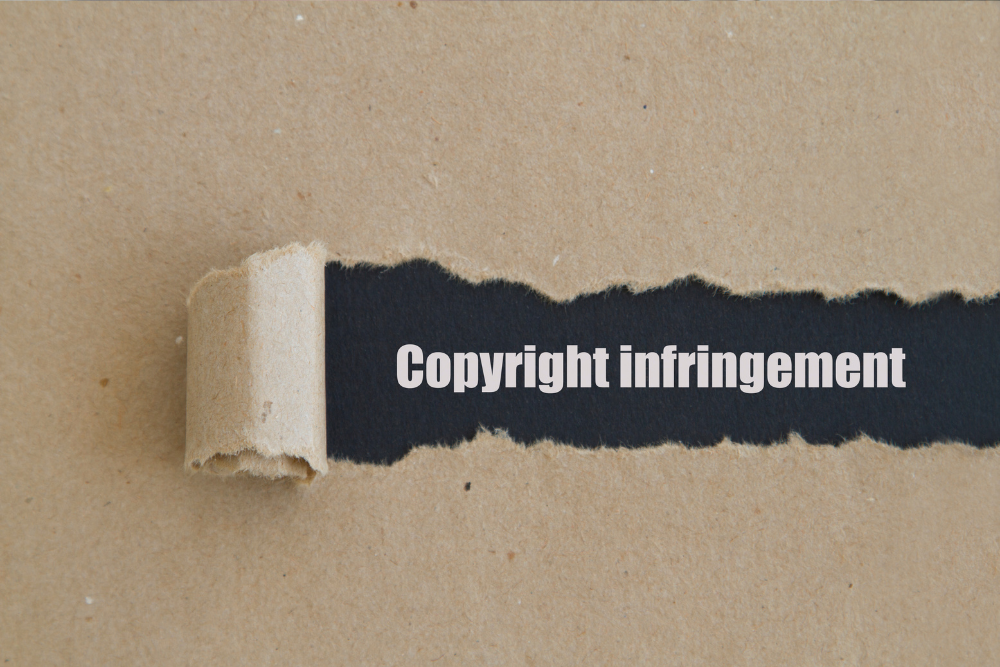In January of 2021, I wrote about the passage of the Copyright Alternative in Small-Claims Enforcement Act of 2020 (CASE Act). This act created a separate system through which small copyright infringement claims could be processed more efficiently.
The Original Plan
The goal of the CASE Act is to make copyright protection more accessible for working artists, photographers, authors, and creators who often don’t have the funds for copyright infringement lawsuits through the U.S. District Courts.
This is accomplished by creating a smaller panel of three judges, known as the Copyright Claims Board (CCB). They will oversee specific types of copyright infringement claims, which need to be for less than $30,000 in damages.
You can read the entirety of the original post here.
A Delayed Start
The CASE Act was signed over a year ago. Its proposed tribunal system was intended to go into effect in December 2021. What has changed: the green light for commencement of CCB activities.
Could this change how the CASE Act will be implemented? Possibly.
Part of the reason for the extension is laudable transparency. The office wants to give the public time to make comments. If enough people emphatically suggested changes – to the CCB structure, what it covers, how cases are conducted – the Copyright Office could choose to respond and reorganize the CCB process.
Besides transparency, the Copyright Office has decided they need more time with the formation of the CCB. The CASE Act contains the option for up to six extra months of setup, if necessary, and they’ve chosen that option.
According to the Copyright Office’s update, this allows time for careful and deliberate:
- Hiring
- Preparation of facilities
- IT development
- Publication of regulations for public review
While the extension could last as long as 180 days, the Copyright Office predicts that they will have the CCB up and running well before the end of that time frame.
Going Forward
If you were planning to file a smaller copyright infringement claim under the CCB, keep in mind that this process has been delayed by six months – to June 2021. I recommend that you take that time to make sure you have accomplished the following tasks:
- Obtained a copyright registration for your work within in the first 90 days of publication (this preserves your right to statutory damages instead of just actual damages);
- Have in your possession a certified copy of the copyright registration, along with a copy of the work that was filed with the copyright application (you can order the certified copy along with the deposit from the US Copyright Office;
- Obtained a copy of the infringing work and the name of the person or entity that committed the infringement, along with their contact information;
- Sent a cease and desist letter to the entity or person who infringed upon the copyright of your work, asking them to stop the infringing activity and giving them a hard deadline; and
- Made sure you have all of these items in your possession, so when the CBB starts accepting cases you are ready to file your claim.
The U.S. Copyright Office will probably accept complaints electronically, so make sure you have all of the above listed items saved electronically in your computer for easy access. You want to be successful in filing your complaint and arguing your case, so advanced preparation can only help.
